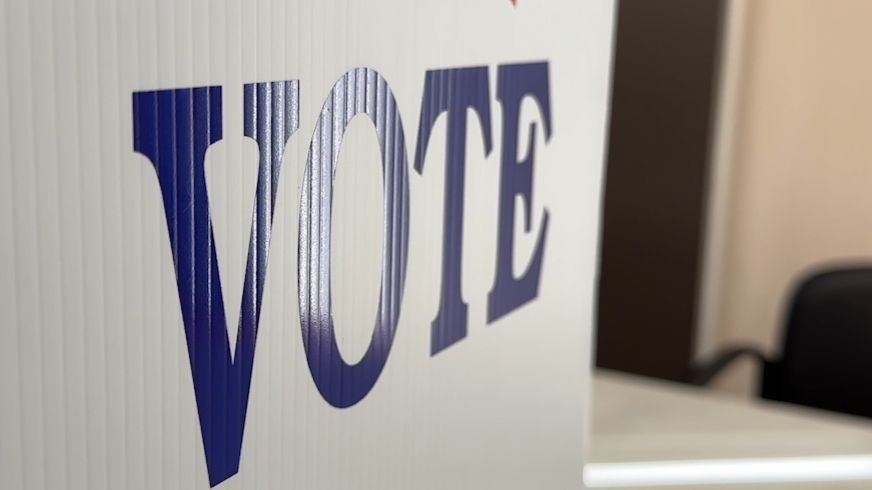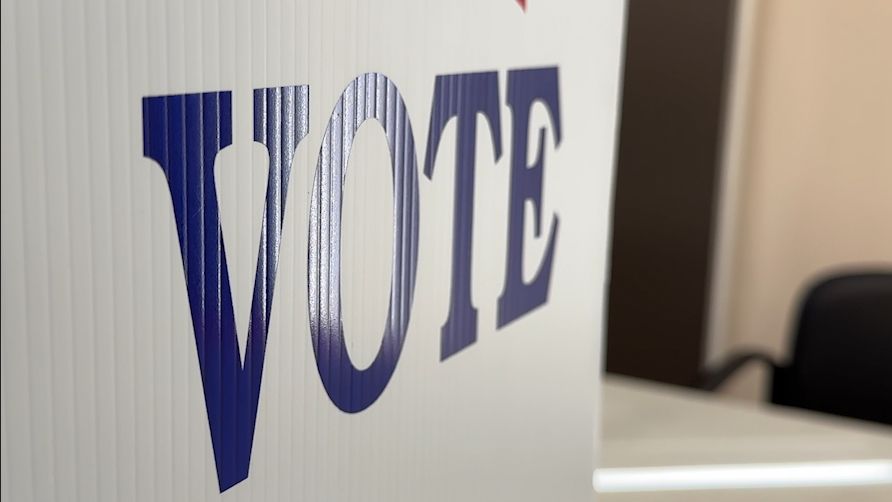TALLAHASSEE, Fla. — Florida Republicans sealed the deal on immigration. Gov. Ron DeSantis tonight signed off a new immigration package, just hours after lawmakers passed the series of laws tackling the issue.
After three attempts, the governor and Republicans in Tallahassee finally struck a deal.
No, it wasn’t pretty, and they argued a lot over the past few weeks, but in the end, a series of bills will now mean Florida is now home to some of the toughest immigration laws in the nation.
Florida will soon pump millions into recruiting more police, build more jail beds and much, much more.
Also, Florida colleges will no longer offer in-state tuition for undocumented migrants.
One bill, HB 3C, will require the death penalty against undocumented migrants for certain crimes.
The bill in short stipulates that if an undocumented migrant is convicted of murder or rape — it’s an automatic capital offense.
“If you don’t want to face the death penalty for committing one of these heinous crimes, number one: don’t do them. Number two: don’t be in a place where you’re not supposed to be,” State Sen. Randy Fine said during deliberations.
However, and as Democrats are noting, the legality of that is murky.
“Punishment for crime should be determined by the offense committed, not by where a person was born,” State Sen. Barbara Sharief said.
The package makes illegal immigration a state-level crime, and it also intensifies all criminal penalties too.
“A criminal illegal immigration who is a member of a gang commits a crime, they will receive the maximum sentence allowed for that crime,” State Sen. Joe Gruters said.
That means local police are now required to help detain and deport the undocumented.
Overseeing all of this, lawmakers will create the state board of immigration enforcement.
That panel will help manage the $300 million earmarked for immigration operations in Florida. They’re also empowered to impose penalties for noncompliance.




?wid=320&hei=180&$wide-bg$)






